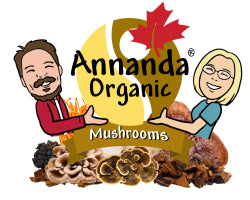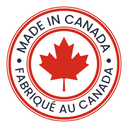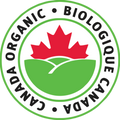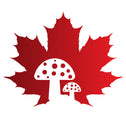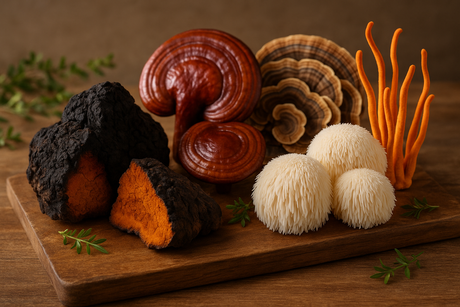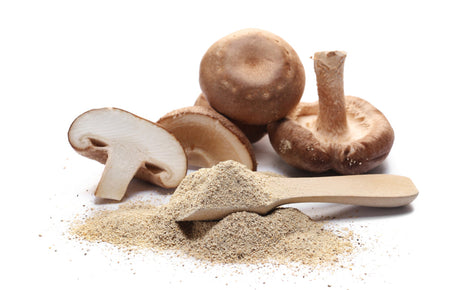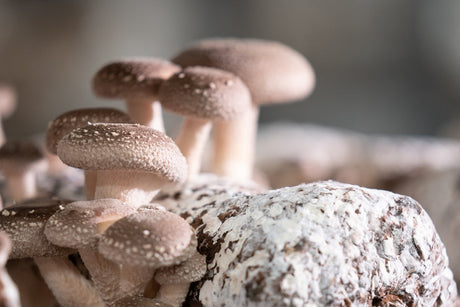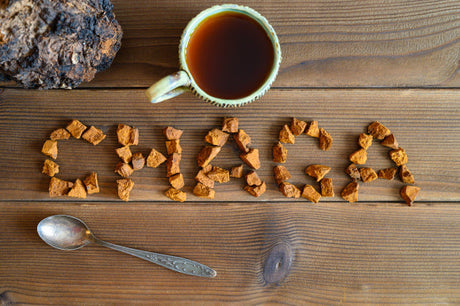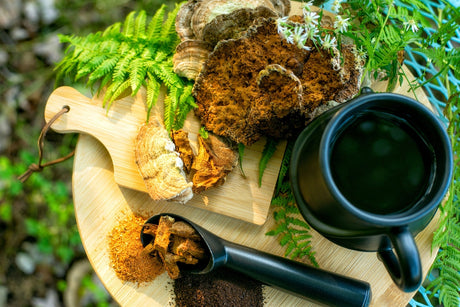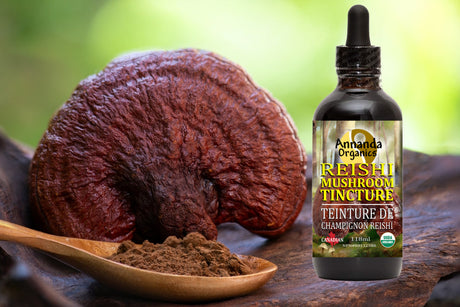As we all do our best to safeguard ourselves from the perils of the pandemic, keeping our immune system healthy is one of the best ways to prevent infections. While we know how beneficial vitamin C, zinc and other anti-viral foods can be, the benefits of another nutrient-selenium are not as widely known.
Benefits of Selenium
Selenium is a nutrient which we take in through our diet. While selenium as a trace mineral doesn't get a lot of attention, it plays a super helpful role in keeping our metabolism in check, boosting immunity, regulating thyroid function, improving brain health and relieving respiratory distress.
Studies over the years have also talked about the antioxidant-rich benefits selenium offers our system. Selenium, in the right amount, can also have therapeutic anti-viral properties. A recent study by UNC Greensboro Biochemistry Professor Ethan W. Taylor, published in The American Journal of Clinical Nutrition discusses the unique link between selenium and COVID symptoms which is making a lot of news.
While our immune system needs selenium to boost infection-fighting WBC count, a deficiency in selenium can also lead to disease progression and health problems. In fact, selenium can help naturally prevent and stop viral replication in the body.
Selenium deficiency is relatively rare in well-nourished individuals but it can occur in the elderly (over 90) and in patients with compromised intestinal function. People dependent on food grown from selenium-deficient soil are also at risk, which unfortunately affects the majority of us due to the growth of commercial agriculture.
Several studies have suggested a possible link between cancer and selenium deficiency, showing both that higher levels of selenium were correlated with a decreased risk in the development of tumors, and that selenium can affect gene expression and can act as a tumor suppressor. There is also evidence that selenium supplementation can help chemotherapy treatment by enhancing the efficacy of the treatment, reducing the toxicity of chemotherapeutic drugs, and preventing the body's resistance to the drugs.
Studies of the immune system in AIDS patients has shown that low selenium levels such patients strongly correlates with decreased immune cell count and increased disease progression and risk of death. Similarly, research has suggested that selenium supplementation can help prevent the recurrence of tuberculosis.
Hence, all of these science-backed benefits prove that selenium isn't the nutrient you should be afforded to lose out on. The good news is incorporating selenium in your diet isn't that difficult.
How much Selenium do we need?
On average, an individual requires around 70-80 mcg of selenium in a day. If you eat a healthy, abundant diet which includes organic foods you should be fine with your selenium intake.
While non-vegetarian sources tend to be slightly richer in nutrient profiles, it's important to remember that getting selenium from vegan and vegetarian products depends on the selenium absorption through the soil-i.e., the crops which grow in. Hence, going for organically produced sources is important.
Moderation, as a rule, should be followed. Taking over 400 mcg through your diet may induce unpleasant side-effects and toxicity in the body.
Dietary sources of Selenium
Below listed are the best sources of selenium to include in your daily diet:
Seafood
Seafood is said to be rich in free-radical fighting antioxidants and omega-3 content. Selenium is also another nutrient found in abundant. Foods like salmon, fishes, oysters, tuna, shrimp and halibut make for good sources of the trace mineral. Aiming for 1-2 servings a day will do you a lot of good and keep the immune system functioning fine.
Nuts & Seeds
We know that nuts and seeds are an excellent source of antioxidants and vital nutrients. They are also power-packed in selenium, which is yet another reason for you to regularly consume them. A handful of nuts and seeds will do you a lot of good.
Brazil nuts, of all, contain the highest traces of selenium in them and something vegans can have as well. A single brazil nut scores anywhere between 68-80 micrograms of selenium, which is good enough to match your intake for the day. However, make sure to moderate your quantity.
Chicken
Of all poultry products chicken is considered to be one of the healthiest variants. It is also one of the richest sources of selenium in the category. Regular consumption can be a healthy option. 2-3 servings of chicken breast, can serve up to 12% of the recommended intake.
Make sure to pick out your chicken which is organically bred, raised and preservative-free, which would have a richer nutrient profile in it.
Eggs for better immunity is something we have all heard and probably know of. One of the reasons is because of the high selenium content in it. Eating up to 2-3 eggs a day (which is also the recommended portion) can serve you the needed portion of selenium for good health. Eggs also come packed with healthy amino acids and antioxidant profiles which keeps your metabolism functioning fine.
Green leafy vegetables
Get your greens on, they work like an elixir for your body and deliver a whole lot of goodness. If you thought selenium and other minerals were only found in abundance in non-vegetarian sources, think again. Foods like broccoli, which have been hailed for its respiratory benefits is also a good source of selenium. (One serving has 4 mg). Same goes for spinach, which contains over 11 mg of selenium in it. The vitamin C and folic acid also support its absorption.
Chaga and Shiitake Mushrooms
It has been said that the nutrient profile present in these mushrooms carry benefits for your immunity, heart health and may prevent certain forms of cancer as well. They score relatively high on selenium and other trace minerals. One serving of five shiitake mushrooms contains 5.4 mg of selenium, which makes up at least 10% of your needed intake.
Lab testing by Annanda Chaga reveals that there is 1% of your daily intake of selenium per cup of Annanda Chaga tea. Even more goodness to enjoy everyday to help maintain health and well being.
The Inside Scoop on Chaga Mushrooms and Why These Medicinal Mushrooms are a Must
Optimize your Immune System with Chaga Mushroom protection against viruses and other pathogens
